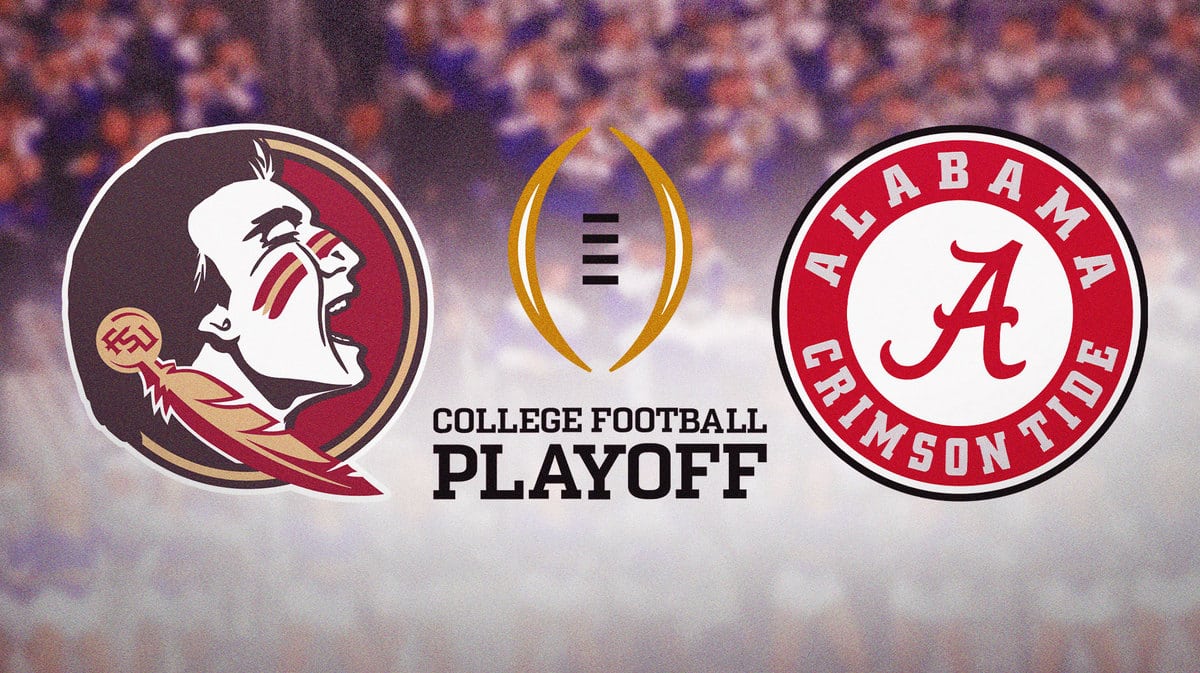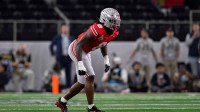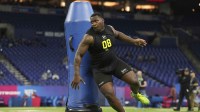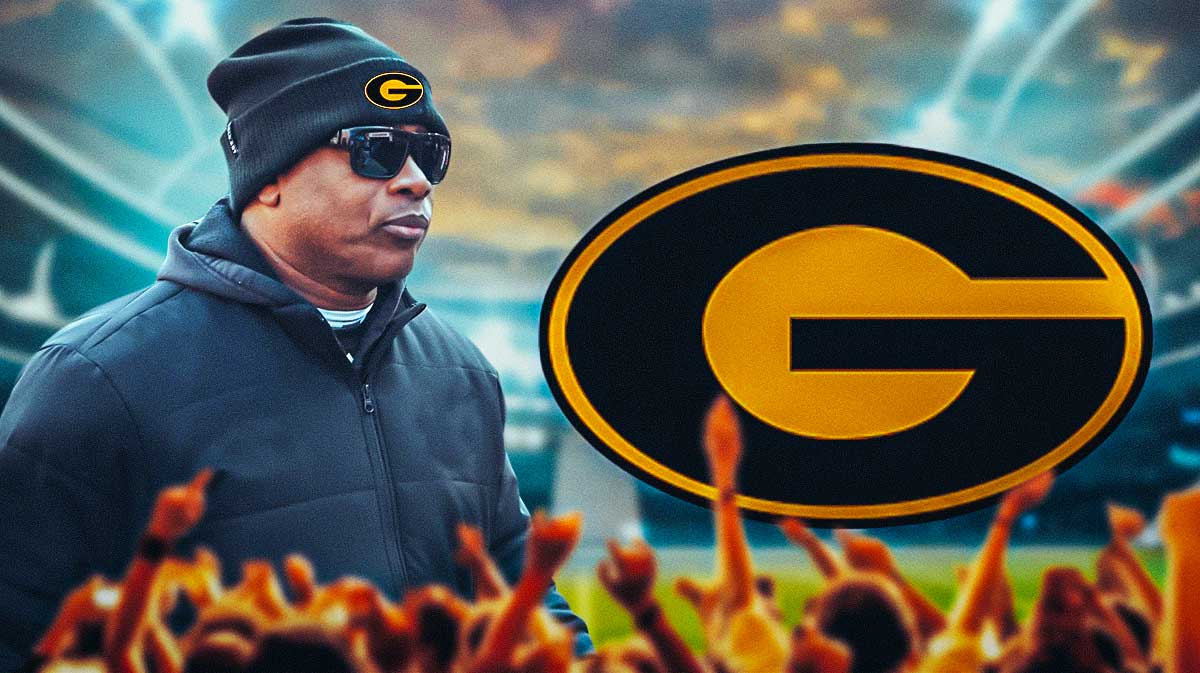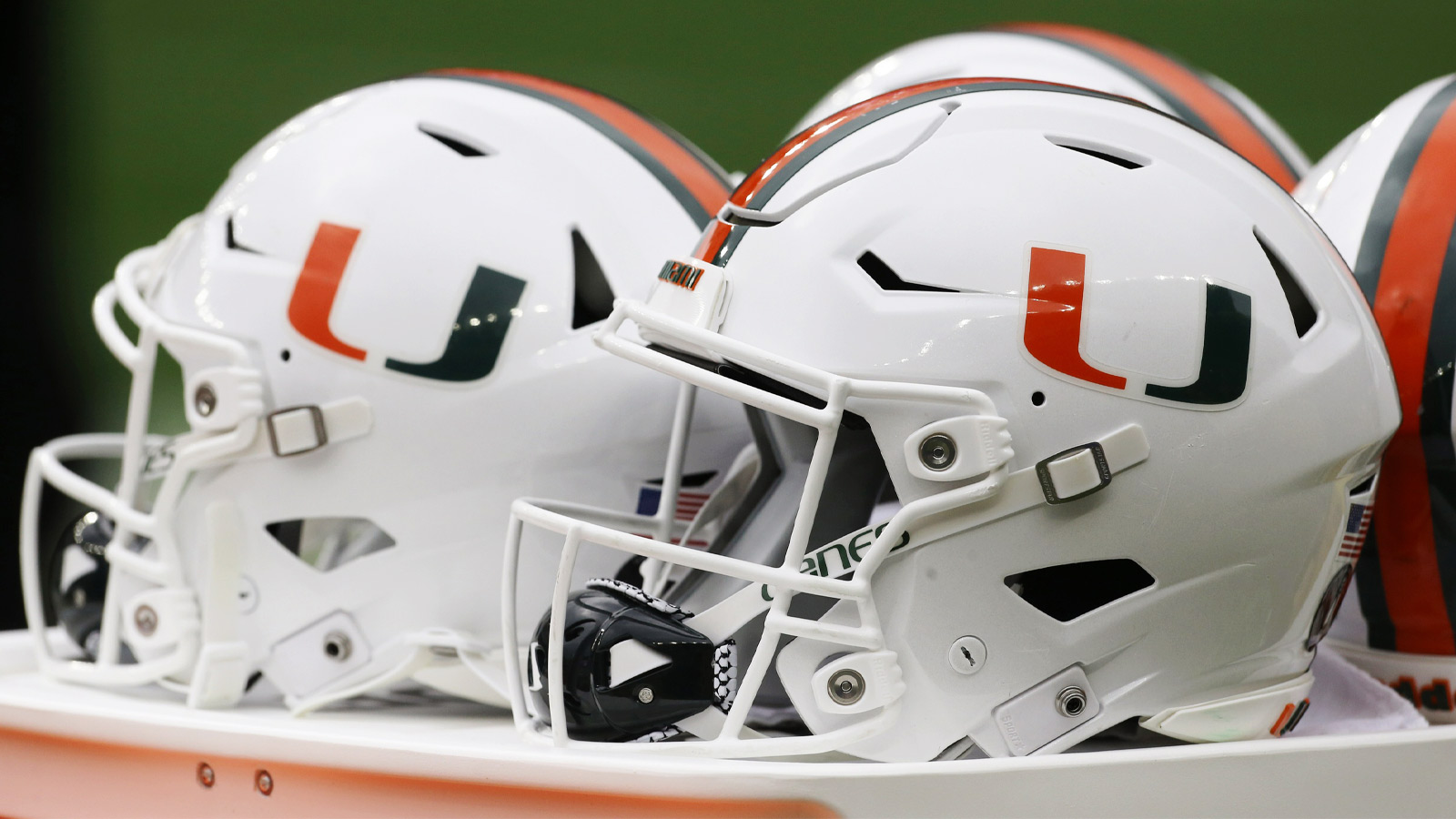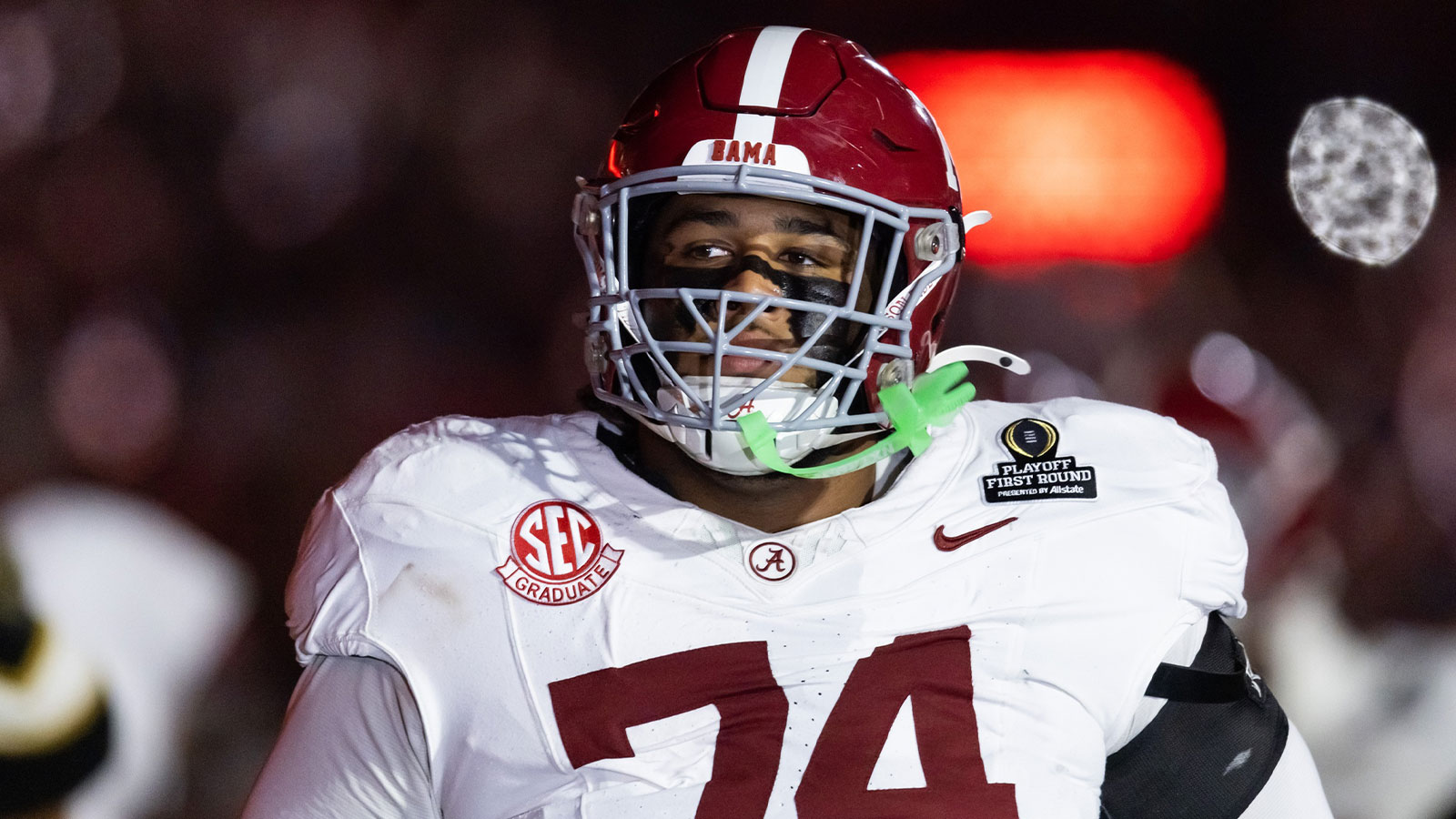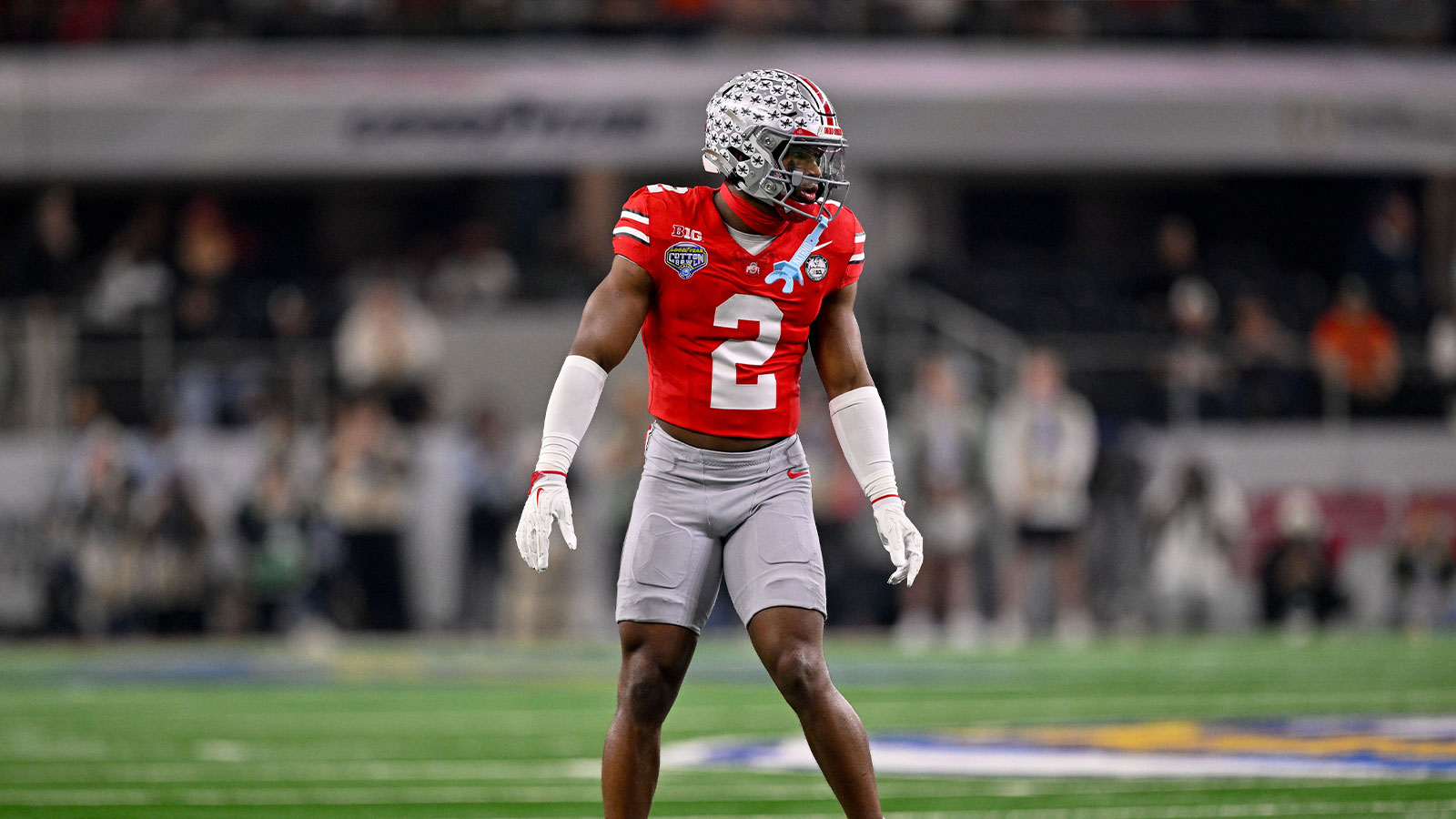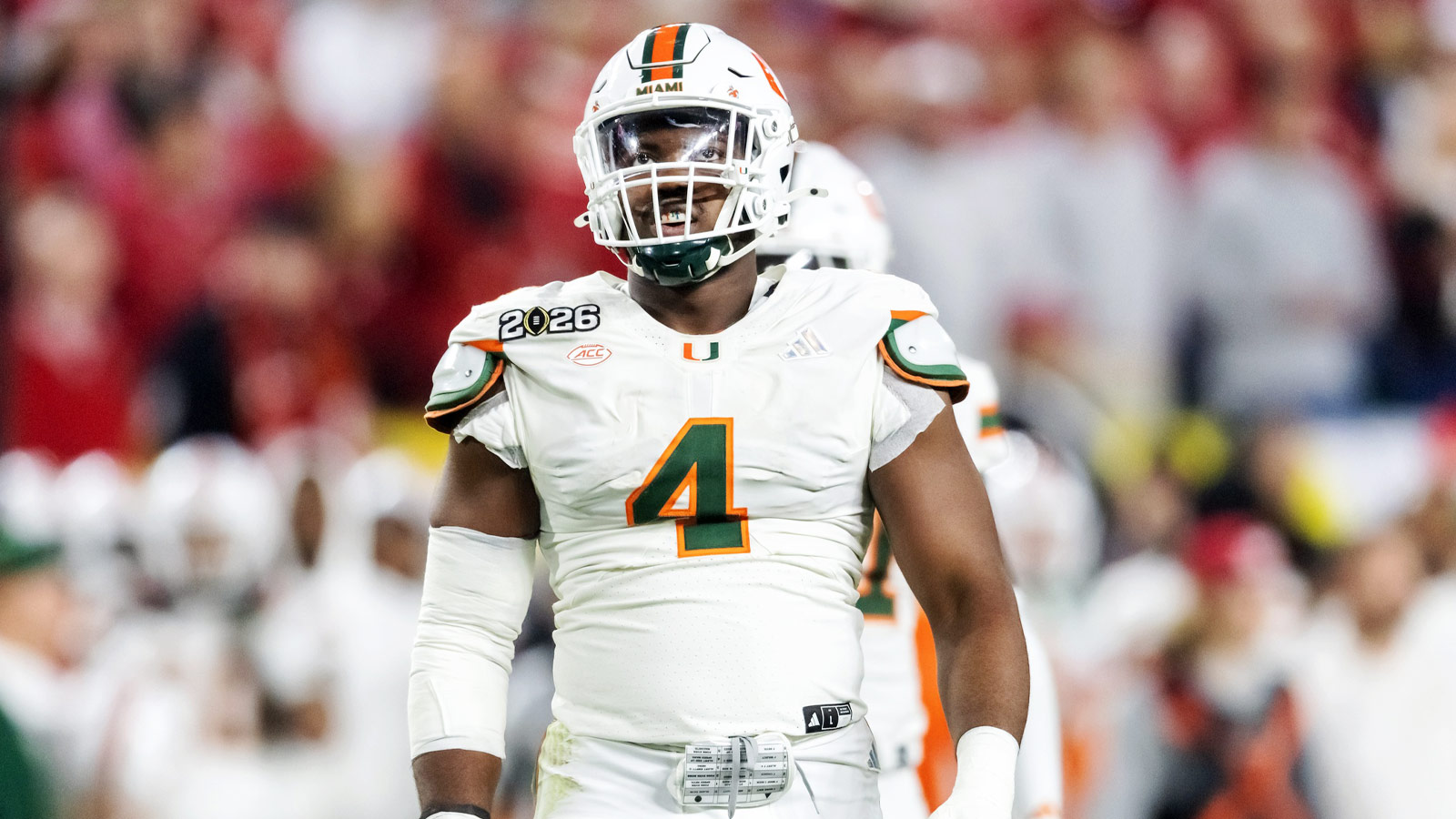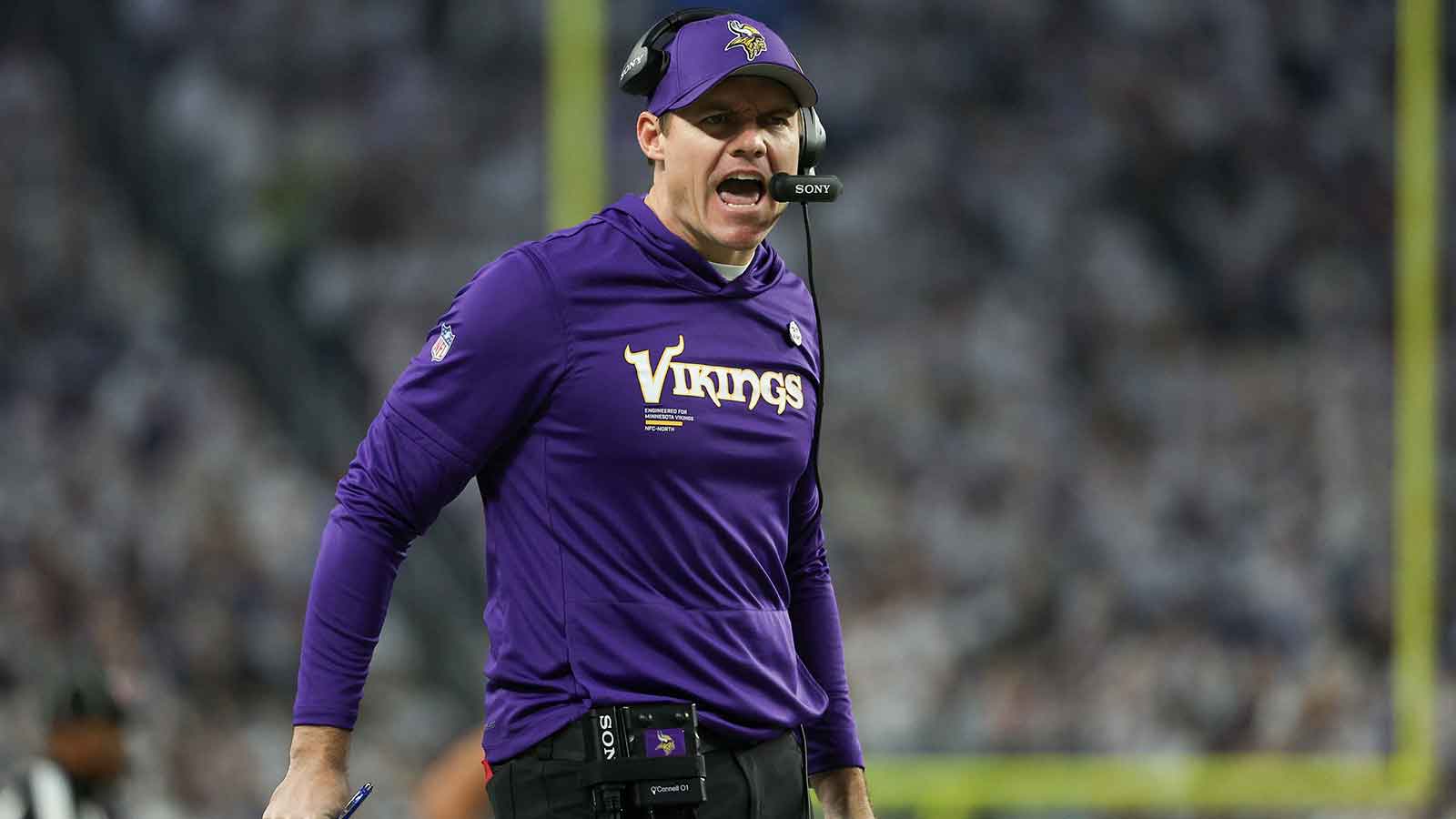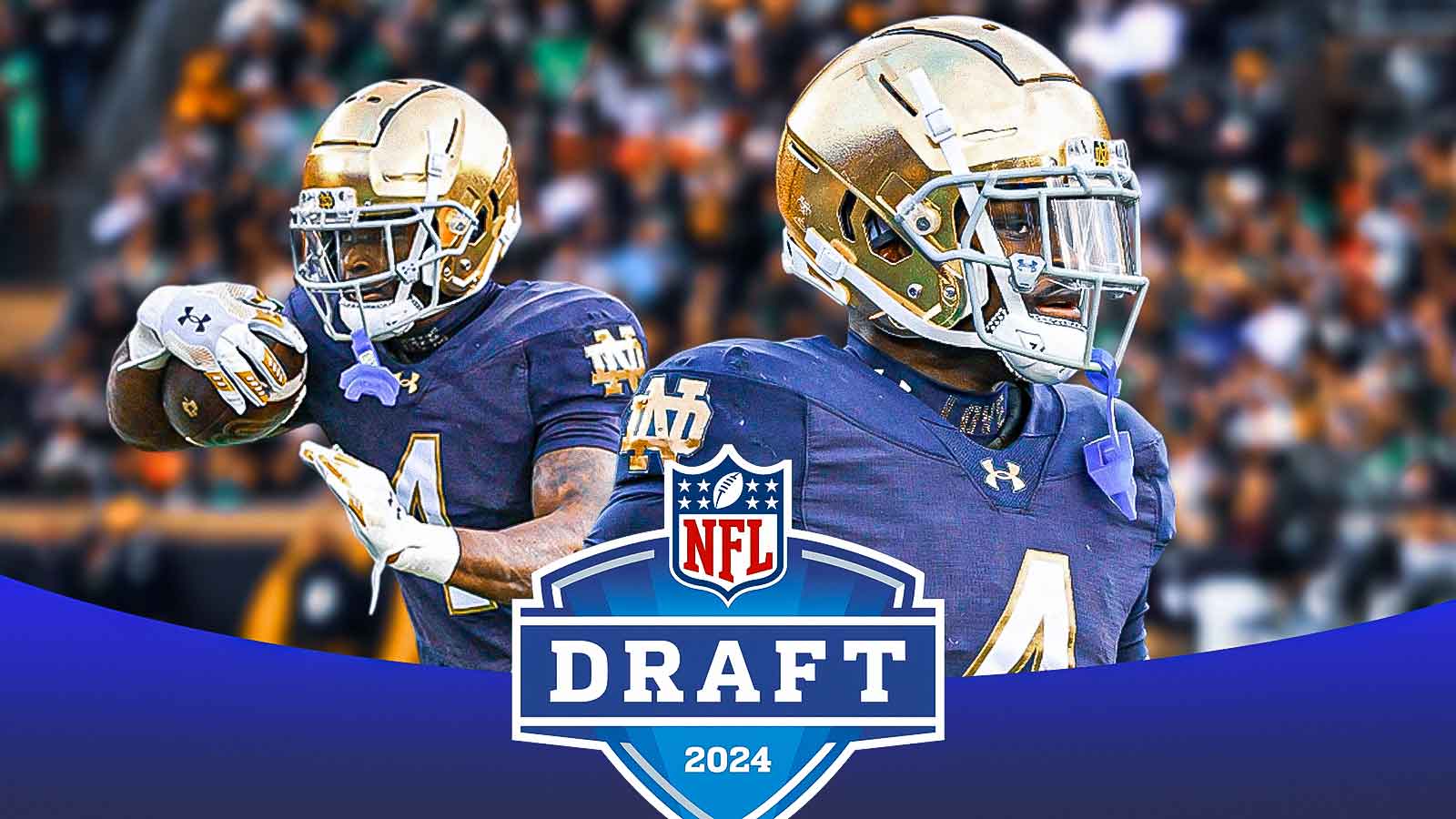The loud, rumbling sounds you heard at about 12:20 pm EST today were that of a collective college football fanbase either expressing their outright disgust or exuberant jubilation for Alabama ranking in the top-4 of the College Football Playoff (CFP) in this week's final selection, with Florida State left on the outside looking in.
Florida State and Alabama create intense debate about College Football Playoff
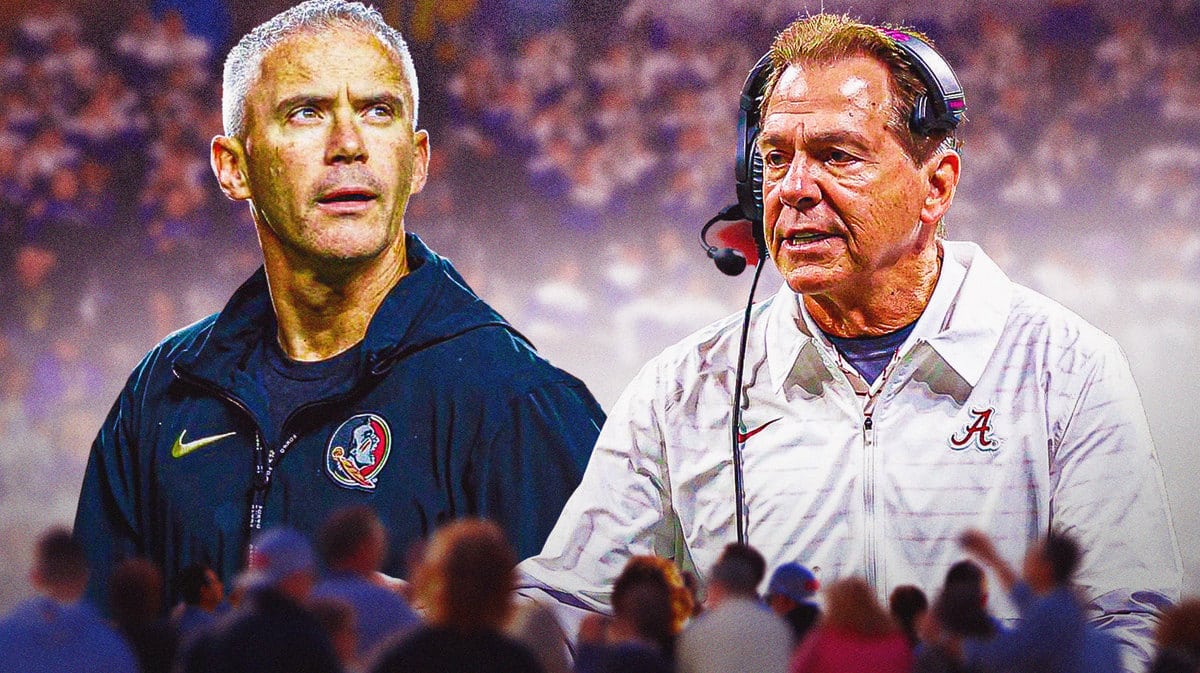
Conference championship weekend didn't disappoint, bringing with it all the controversy that most had expected, leaving the CFP committee with one of its toughest decisions since the inception of the format. For the most part, though, every favored team that was ranked above their opponent—minus No. 3 Washington, who was the underdog and beat No. 5 Oregon for a second time this season—came out victorious, except for the No. 8 Crimson Tide, who were a slight underdog to the No. 1 Bulldogs in the SEC Championship Game.
That game was perhaps the biggest question mark of the weekend. The committee was likely hoping that Georgia would handle their business, win their 30th consecutive game, and leave Atlanta with the SEC title in hand while holding onto their No. 1 ranking. But that didn't happen.
The Bulldogs lost 27-24, and Kirby Smart fell once again to Nick Saban, his former mentor, for a sixth time, bringing his record to 1-6 against the Crimson Tide head coach. Smart is also now 0-3 in SEC Championship games against Alabama. That left the committee having to answer how far Georgia would fall and how much Alabama would rise—and, better yet, who would be the casualties in the middle?
The College Football Playoff final selection won't be the same next year
After waiting impatiently for 20 minutes or more, we finally saw what the 13 members of the committee decided: Alabama was No. 4, and Georgia was all the way at No. 6, behind a much-angered No. 5 Florida State football team.
Whether any of us realize this or not, this is what makes college football what it is—that is, the chaotic structuring of the entire model. For nearly its entire existence, teams have had to rely on a group of voters to determine who the best teams are. That is until we had a computer (Bowl Championship Series) decide the fates of the best teams for 16 years. And then when that wasn't good enough, the sport re-entered letting voters decide, although in a much different playoff model that is being amended yet again next season.
There isn't a sport like college football, that is until next season when it continues to move further in likeness to other leagues. Nearly every league, college or professional, has a calculated system for determining its best overall teams consisting of a comprehensible playoff format. That's what college football looks to become and what so many have yearned for after years of debate. And while that's completely understandable, it changes the sport, arguably, for the worst because it will lose its unique, unequivocally flawed identity.
Will the 12-team College Football Playoff format be for the best or worst?
What makes college football different? It used to be the geographical conferences, local rivalries, and, believe it or not, the utter chaos of determining the best teams. The arguable snubs to Florida State or the bias of Alabama are what have given the sport its identity. In 2024, if you're looking for less chatter, more stability, and more mimicking, then that's exactly what you're getting. It still won't be perfect—it never will be under NCAA governance—but it will be more structured.
There will be one less conference and four much bigger ones—albeit misaligned geographically—which means there could be fewer wins and more losses, constituting for many of the 12 teams in the new playoff format to have two or more losses.
But is that what we want? Is that what college football is? What is college football without the incessant arguing about who the best teams are? Just look at social media today after Alabama took the No. 4 ranking over Florida State. For two weeks there's been nothing but debate among fans and pundits about who would be the top-4 teams, and as Sunday approached, the verbal jabs began to be thrown at an intense rate. When the final selection was revealed, everyone was battered and bruised.
This time next year, it's highly unlikely that we're having these same debates about the No. 13 and 14 teams like we have had with the No. 5 and 6 teams this year. Some would argue that's a good thing and that the sport will be better for it. I guess that will be the only debate we have left.

